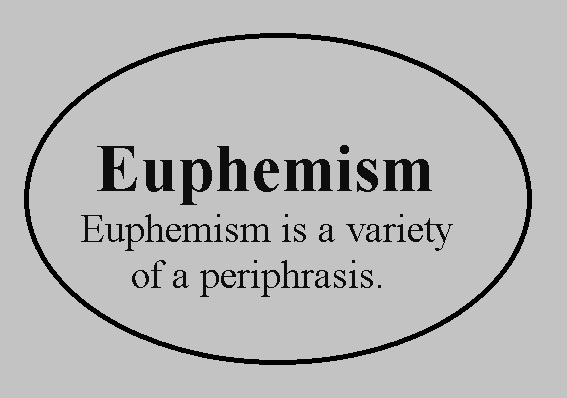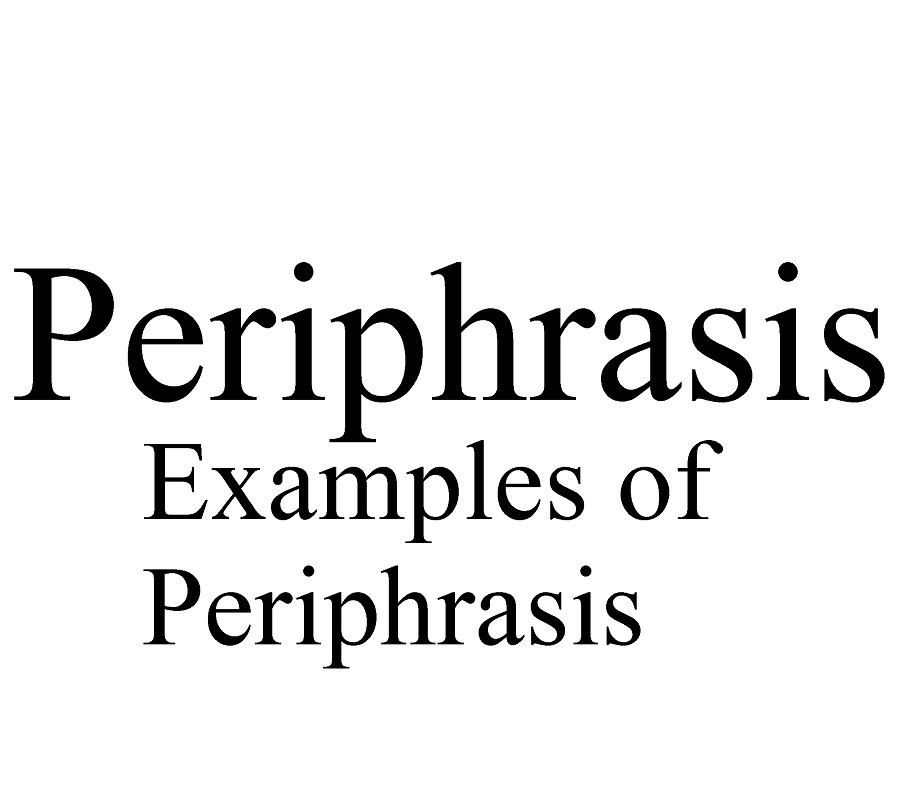Year: 2021
-
Poem From “Childe Harold’s Pilgrimage” by G. G. Byron
Стихотворение From “Childe Harold’s Pilgrimage” by G. G. Byron“Adieu! Adieu! My native shoreFades o’er the waters blue;The night-winds sigh, the breakers roar,And shrieks the wild sea-mew.Yon son that sets upon the seaWe follow in it’s flight;Farewell awhile to him and thee,My Native Land- Good night!A few short hours, and he…
Read More » -
Poem“Sonnet” by J. Keat
“Sonnet” by J. KeatsWhen I have fears that I may cease to beBefore my pen has glean’d my teeming brain,Before high-piled books» in charact’ry,Hold like rich garners the full-ripen’d grain;When I behold, upon the night’s startM face,Huge cloudy symbols of a high romance,And feel that I may never live to…
Read More » -
Научная статья из сборника “Feminist Studies”
Научная статья из сборника “Feminist Studies” Volume 23, Number 3 by Claire G. Moses pp.543 – 546Male workers were willing to identify with her position, in terms of a shared class identity, as a “poor” person in need of employment; yet this shared identity implicitly rested on her new position…
Read More » -
“If” by R. Kypling
“If” by R. KyplingIf you can keep your head when all about youAre losing theirs and blaming it on you,If you can trust yourself when all men doubt you,But make allowance for their doubting too;If you can wait and not be tired by waiting,Or being lied about, don’t deal in…
Read More » -
“Shadow, Silence And The Sea” by G. C. Swinburne
“Shadow, Silence And The Sea” by G. C. SwinburneAil night long, in the world of sleep,Skies and waters were soft and deep;Shadow closed them, and silence madeSoundless music of dream and shade:All above us, the livelong night,Shadow, kindled with sense of light,All around us, the brief night long,Silence, laden with…
Read More » -
“The Daffodils” by W. Wordsworth
“The Daffodils” by W. WordsworthI wandered lonely as a cloudThat floats on high o’er vales and hills,When at once I saw a crowd,A host of golden daffodils,Beside the lake, beneath the trees,Fluttering and dancing in the breeze.Continuous as the stars that shineAnd twinkle on the Milky WayThey stretched in never-ending…
Read More » -
My Soul is Dark…” by G.G. Byron
My Soul is Dark…” by G.G. ByronMy soul is dark – Oh! Quickly stringThe harp I yet can brook to hear;And let thy gentle fingers flingIts melting murmurs o’er mine ear.If in this heart a hope be dear,That sound shall charm it forth again:If in this eyes there lurk a…
Read More » -
The Lamb” by W. Blake
The Lamb” by W. BlakeLittle Lamb who made theeDost thou know who made theeGave thee life & bid thee feed,By the stream & o’er the mead;Softest clothing woory bright;Gave thee such a tender voice.Making all the vales rejoice:Little Lamb I’ll tell thee,Little Lamb I’ll tell thee;He is called by thy…
Read More » -
What is Hyperbole?
Hyperbole:It is the stylistic device which also has the function of intensifying one certain property of the object described. Deliberate overstatement or exaggeration of feature is essential for object.Example 42: The earth was made for Dombey and Son to trade in and the sun and the moon were made to…
Read More » - English stylistic

Short information about Euphemism
EuphemismEuphemism is a variety of a periphrasis. It is also based on the use of a descriptive expression instead of the word denoting the notion. But it has a special character. Euphemism is a word or phrase used to replace an unpleasant word or expression by a conventionally more acceptable…
Read More » - English stylistic

Periphrasis and examples of periphrasis
PeriphrasisPeriphrasis is a unit of poetic speech which both names and describes. We speak of periphrasis when we have the name of a person or a thing substituted by a descriptive phrase but the substitution is not based on logical association. It is a poetic synonym of a word usually…
Read More » -
Qualitative and Relative Adjectives ADJECTIVES IN ENGLISH
Adjective is a speech part determining nouns. They answer the question What kind? There’re common/descriptive and proper/personality adjectives. Multi-root adjectives are compound. Adjectives make description more specific.Mexican foodfaraway landQualitative AdjectivesSemantically adjectives may be qualitative or relative. Qualitative adjectives describe objects directly by denoting their shape, size, color or other general…
Read More » -
Indefinite Pronouns some, any, no What is an indefinite pronoun?
Indefinite pronouns are those referring to one or more unspecified objects, beings, or places. They are called “indefinite” simply because they do not indicate the exact object, being, or place to which they refer.Indefinite pronouns include partitives such as any, anybody, anyone, either, neither, nobody, no, someone, and some; they…
Read More » -
SUBSTANTIVIZED ADJECTIVES
Adjectives can often become substantivized (become nouns). In such cases they are either wholly (fully), or partially substantivized.I. Wholly substantivized adjectives(converted into nouns) acquire allthe features of nouns: number, case, articles. They denote:1) Class nouns:a relative, a native, a savage, a criminal, a white, а black,a romantic, a cynic, a…
Read More » -
The Subjunctive Mood
A verb is in the subjunctive mood when it expresses a condition which is doubtful or not factual. It is most often found in a clause beginning with the word if. It is also found in clauses following a verb that expresses a doubt, a wish, regret, request, demand, or…
Read More » -
CASES OF NOUNS IN ENGLISH – POSSESSIVE CASE AND COMMON CASE
There are only two cases of nouns in English: possessive case and common case.English nouns have only two cases: Possessive Case where nouns take the special ending; and Common Case where nouns don’t have any ending.The Common case is the form in which the noun is given in the dictionary.English…
Read More » -
Degrees of Comparison of Adjectives in English
ADJECTIVE DEGREES Forms Positive Comparative SuperlativeNon-comparative Comparing two nouns compare moreBase adjective adj+than than two nounsFrank is sweet Gwen is sweeter the+adj than Frank mirror on the wall, who is the fairest of them all?An adjective in English is a part of speech that describes or points to the distinguishing…
Read More » -
DIRECT AND INDIRECT SPEECH
Direct and indirect speech can be a source of confusion for English learners. Let’s first define the terms, then look at how to talk about what someone said, and how to convert speech from direct to indirect or vice-versa.You can answer the question What did he say? in two ways:by…
Read More » -
MOOD OF VERB
English verbs have four moods: indicative, imperative, subjunctive, and infinitive.Mood is the form of the verb that shows the mode or manner in which a thought is expressed.1. Indicative Mood: expresses an assertion, denial, or question:Little Rock is the capital of Arkansas.Ostriches cannot fly.Have you finished your homework?2. Imperative Mood:…
Read More » -
Verb, the categories of voice and aspect The category of voice
The category of voice expresses the relations between the subject and the object of the action. He invited his friends. – He was invited by his friends. In the first sentence he – is a doctor of the action, in the second – the object of the action.The grammatical category…
Read More » -
Difference Between Regular and Irregular Verbs
VERBS REGULAR IIREGULAR Verbs are those words which express the action or state of the subject in a sentence. There are certain forms which a verb can take, called as ‘principal parts of verbs‘, these are infinitive, third person present, simple past, past participle and present participle. If you take…
Read More » -
The Verb. The Categories of Person and Number
The categories of person and number are greatly intertwined in the system of the English verb. These categories differ from the rest of morphological categories of the verb in that they express not processual, but substantial semantics thus correlating the the predicate of the sentence with its subject. For example…
Read More » -
Concrete and abstract nouns and their differentiation
Abstract nouns are words that name things that are not concrete. Your five physical senses cannot detect an abstract noun – you can’t see it, smell it, taste it, hear it, or touch it.Concrete nouns are the easiest to understand, as they are words for things that physically exist: things…
Read More » -
GRAMMATICAL CATEGORY OF DEGREE OF ADVERB
An adverb of degree is used to discuss the degree or intensity Of an adjective, an action, or another adverb. There are so many adverbs of degree that it’s impossible to list them all in one short guide.Almost, Absolutely, Barely, Completely, Deeply, Enough, Fairly, Fully, Greatly, HardlyExample:They were almost finished…
Read More » -
Countable and uncountable nouns and their differentiation
Исмхои шумурдашаванда ва шумурданашаванда ва фаркияти онхо.In English grammar, countable nouns are individual people, animals, places, things, or ideas which can be counted.Uncountable nouns are not individual objects, so they cannot be counted.Notice that singular verbs are used with singular countable nouns, while plural verbs are used with plural countable…
Read More » -
GRAMMATICAL CATEGORIES OF ADJECTIVE
What is an adjective?An adjective is a word that defines, qualifies or modifies the meaning of a noun, or more rarely of a pronoun. It expresses a quality or attribute of the word it qualifies. There are two main categories of adjectives:1. -ComparisonBig, bigger, biggest2. Descriptive adjectives, which can be…
Read More » -
GRAMMATICAL CATEGORIES OF PERSONAL PRONOUNS
What is a personal pronoun?A personal pronoun is a pronoun that is associated primarily with a particular person, in the grammatical sense.When discussing “person” in terms of the grammatical, the following rules apply:* first person, as in “I”* second person, as in “you”* third person, as in “it, he, she”Personal…
Read More » -
GRAMMATICAL CATEGORIES OF ADVERB
An adverb is a word that modifies a verb, adjective, determined, clause, preposition, or sentence. Adverbs typically express manner, place, time, frequency, degree, level of certainty, etc., answering questions such as how?, in what?, way?, when?, where?, and to what extent?.Adverbs are one of the four major word classes, along…
Read More » -
TYPES OF QUESTIONS IN ENGLISH
In English, there are four types of questions*general or yes-no questions* choice questions*special questions using wh-words* question tags General or yes-no questionsCommon questions that can be answered with a simple “yes” or “no” are logically called yes/no questions.Example;* DO you like this country?* does Jane know about your new job?*Can…
Read More » -
IRREGULAR FORM OF PLURAL OF NOUNS IN ENGLISH
WHAT are irregular plural nouns?IRREGULAR plural nouns are irregular nouns in the plural form. An irregular noun is a noun that becomes plural by changing its spelling in other than adding an “s” or “es” to the end of the word. This change can happen in a variety (гуногун) of…
Read More »